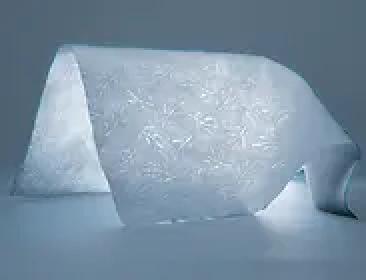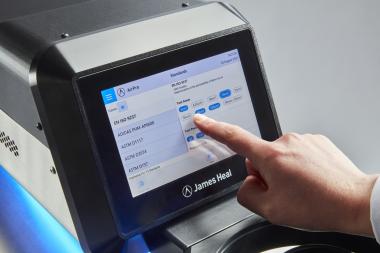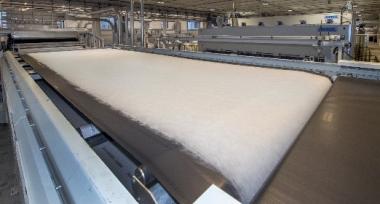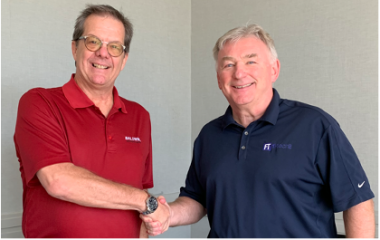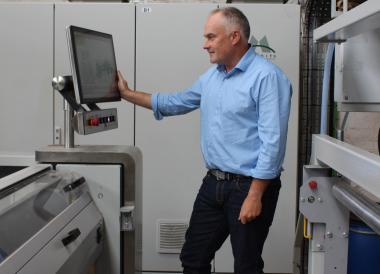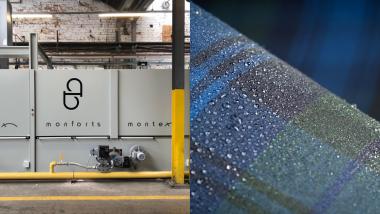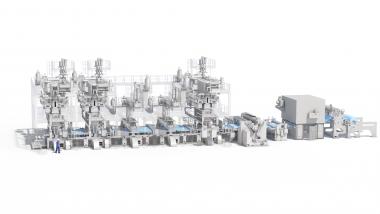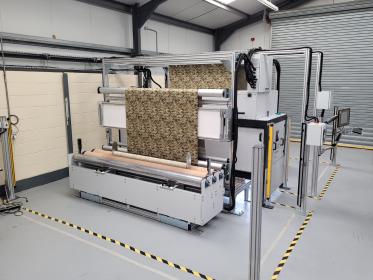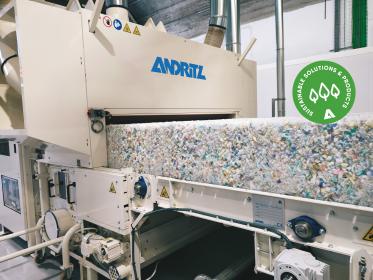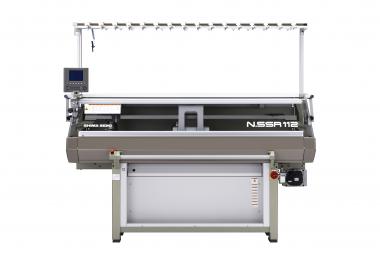ANDRITZ to install Metris predictive maintenance system for spunlace line
International technology group ANDRITZ has received an order from Welspun Advanced Materials, India, to supply a Metris predictive maintenance system for its spunlace production line at the Telangana plant. This will be the first Metris solutions system to be installed in a spunlace line in India.
The integrated Metris platform developed by ANDRITZ uses smart sensors as an energy self-sufficient and seamless support solution to monitor machine conditions continuously, even in areas that are difficult to access. As a result, analysis of the data collected allows clients to pinpoint every possible issue upfront and helps to enhance line performance.
The Metris predictive maintenance system will enable Welspun Advanced Materials to increase its operating efficiency by:
- avoiding unexpected line shutdowns, thus increasing performance
- enabling easy operation along the entire line
- optimizing maintenance organization and planning
This order follows the start-up of the newly installed, complete high-speed ANDRITZ spunlace line at the Telangana plant.
ANDRITZ


